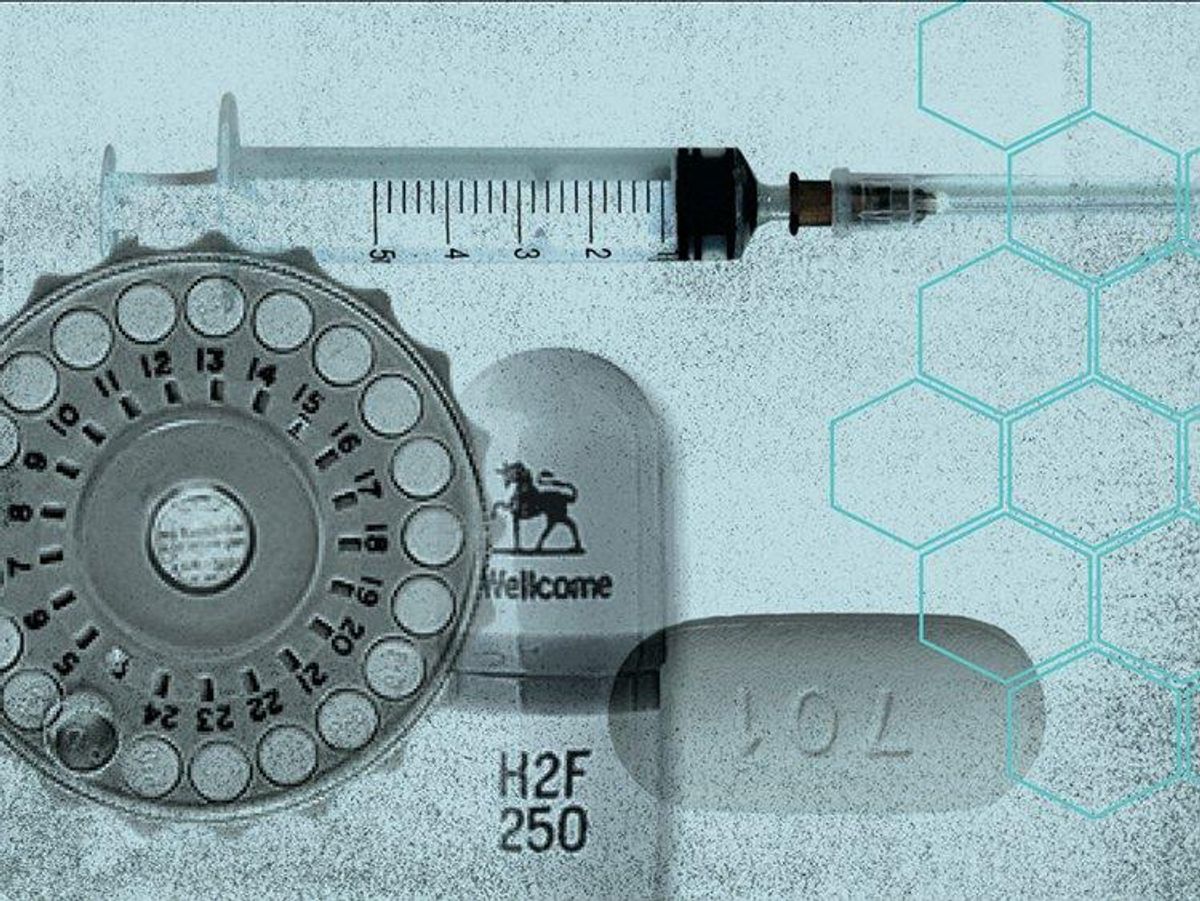In Randy Shilts's best-selling history of the AIDS epidemic in America, published at its height in 1987, And the Band Played On, Canadian flight attendant Gaetan Dugas is referred to as "Patient Zero"-- the common link in 40 of the first 248 cases of the disease reported in the U.S. With the subsequent HBO movie in 1993, the Patient Zero narrative gained traction, but a new study exonerates Dugas while placing the actual origins of HIV in America.
By sequencing samples from Dugas and eight other men infected with HIV during the 1970s, researchers at the University of Arizona were able to estimate that the virus came to America from Haiti around 1970 or 1971, but went undetected for years.
So how did Dugas become public enemy number zero? NPR spoke to behavioral scientist William Darrow, who was a scientist at the Center for Disease Control in the early '80s:
So Darrow started interviewing these men about their sex lives. One day, three men -- who didn't know each other -- all named the same lover.
"They said, 'This flight attendant from Canada. He flew for Air Canada. Geez, he was such a great guy and very handsome,' " Darrow remembers hearing.
The man was Gaetan Dugas. And his name popped up again and again in interviews. Eventually, Darrow linked eight early AIDS cases to Dugas.
When Darrow wrote up his findings inside the CDC, he didn't name names. Instead, he called the men by a code, based on the city they lived in. For those in LA: "There was LA1, LA2 ... and so forth," Darrow says.
And for Dugas, a Canadian? "Patient O, the outside-of-California case."
The letter O? Not Patient Zero? "That's correct," Darrow says. "I never labeled him Patient Zero."
After someone working at or with the CDC mistook the "O" for a "zero," Dugas was from then on referred to as Patient Zero. Though Shilts had always assumed Dugas was Patient O, as he told the Advocate in 1993, when he heard the CDC calling Dugas Patient Zero, he thought, Ooh, that's catchy.
The media then ran with the moniker and the rest is history. Though Dugas was vilified in death as the cause of the AIDS epidemic, it was his willingness to donate blood and provide a comprehensive list of his lovers that proved critical in defining HIV/AIDS.
"In a way, it's not that surprising that you could place Dugas at the center of a cluster, because I'm quite certain he shared more names of people [who were lovers] than any other person in that study. So there's a kind of ascertainment bias [in Darrow's study]," evolutionary biologist Michael Worobey, who led the University of Arizona study, tells NPR.
Worobey adds that he's glad he was able to clear Dugas's name as he was "blamed for things that no one should be blamed for."





















































































